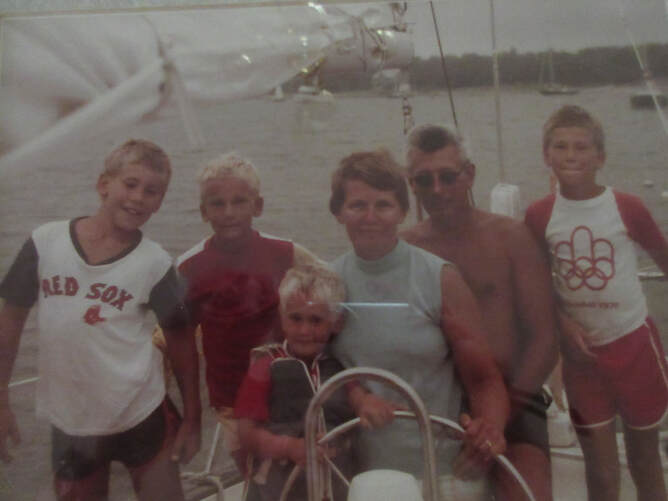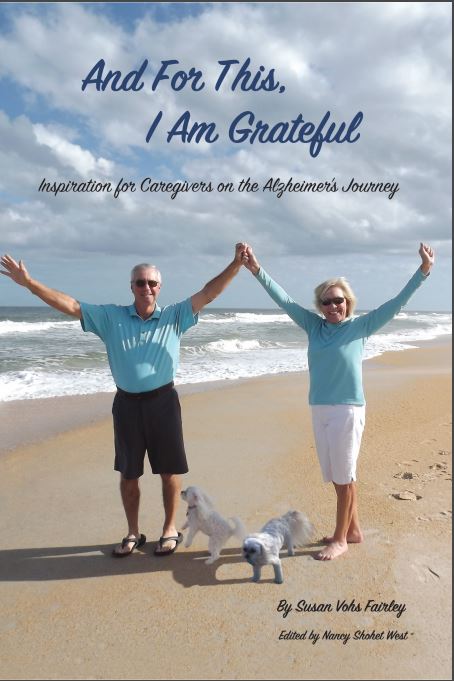
“I love my roommate and we’re having fun setting up our room,” she said. “My classes are going to be hard, especially Arabic. The lakefront is beautiful. It’s sort of exhausting meeting so many new people and finding my way around. Today I cried for ten minutes and then felt better.”
Absent from her description was any mention of classes being held on a computer screen instead of a lecture hall, trying to remember names when the associated faces are half-covered by masks, or the mandatory bi-weekly appointment to have the inside of her nose swabbed. She wasn’t concerned with starting college during a pandemic. She was just airing the usual tensions of a new college freshman, far from home, excited and anxious and exhausted by the novelty of it all.
I told her about the 21-day rule, which stipulates that habits set in after three weeks of repetition. “By mid-September, it will start to seem normal. Everything that’s strange and new now will be a regular part of your life.”
And to some extent, I was right. Two weeks after arriving at school, she told me she was getting to know her way around the campus and had even explored the surrounding city a little bit. She’d started a job at a coffee shop on campus and met with the professor of her most challenging class to talk about study strategies. She and her roommate had hosted a movie night for the girls in the adjacent dorm rooms.
But on the three-week anniversary of her arrival at college, the date I told her it would all begin to feel familiar, I got a different kind of phone call: the one in which she told me that her roommate had tested positive for COVID-19 and my daughter, as a result, was being quarantined.
Just when I envisioned Holly starting to see college life as her new normal, she boarded a van which drove her to a hotel twenty minutes away from campus. There she’d stay, alone and not allowed to leave her room, for two weeks.
“Two weeks alone in a hotel room with someone delivering meals every day,” sighed my sister when I told her of Holly’s plight. “Is it awful that I’m a tiny bit envious?”
I understood. For busy parents overwhelmed by the pressures of balancing their own jobs with their kids’ virtual learning, two weeks of solitude in clean, comfortable, well-maintained surroundings with food delivery does sound somewhat irresistible.
But not for an eighteen-year-old who was just starting to get acclimated to her new environment. Abruptly, rather than counseling my daughter through mild and typical college homesickness, I was trying to help her navigate the incomprehensible territory of two weeks of solitary confinement.
Because that’s what it is, except admittedly different from the solitary confinement imposed upon actual prisoners. “It’s a really nice room,” my daughter reported the day she moved into the hotel. “I have two big beds and a desk. And a bathroom all to myself, after sharing one with five other girls for the past three weeks. And the food is way better than at school.”
But she was all alone. And of course, for prisoners put in solitary confinement, that’s the point. The worst punishment that can be inflicted upon them is to be isolated. Yet isolation was to be my daughter’s fate for the next two weeks. She had every possible creature comfort she might need – not only a comfortable bed, hot water for showers, good food, but also movies, TV shows, and constant access to her friends via all the forms of technology that kids her age use – but zero contact with other humans.
For as long as I’d been a parent – maybe even ever since my own days as a homesick college freshman – I’d anticipated the extra support she might need when she first went away to school, and I was ready with good advice. Seek out new friends. Join clubs. Attend events. Participate in activities. I thought I had all the solutions for any problems she might face this fall.
But I never envisioned the challenge of being locked in a highway hotel for two weeks.
Still, solace appeared in unexpected places. A box of chocolate-covered strawberries sent by her grandmother; a coloring book from an aunt – Holly announced that she would tape each picture to the hotel room wall as she finished it to personalize her space – groceries delivered to the front desk by her roommate’s thoughtful parents; phone calls from relatives and high school friends.
I find myself wondering how she will look back on this. It’s easy to imagine, as my sister implied, that someday maybe she’ll be an exhausted young mother juggling work and home life and dreaming of the time she had two uninterrupted weeks in a hotel room with room service.
But it’s also possible that she’s more like a prisoner than we realize, and she’ll struggle with the memory of this total seclusion, and the overwhelming loneliness that periodically overtakes her despite the Facetime chats and online class meetings that populate her day.
Over the summer, I told Holly that going off to a college she’d never visited a thousand miles from home might be one of the biggest challenges she would ever face, but in retrospect, it seems like a challenge the same way a ropes course does: difficult and scary, but ultimately exciting and exhilarating. Her time in isolation will probably never seem exciting or exhilarating, even when it’s over.
Nonetheless, as with any challenge successfully met, emerging from it will give her a sense of triumph. Adjusting to campus life should be a breeze after this. And maybe once she finally gets back to her dorm, despite having spent only twenty-one nights there so far, it will feel like home.


 RSS Feed
RSS Feed